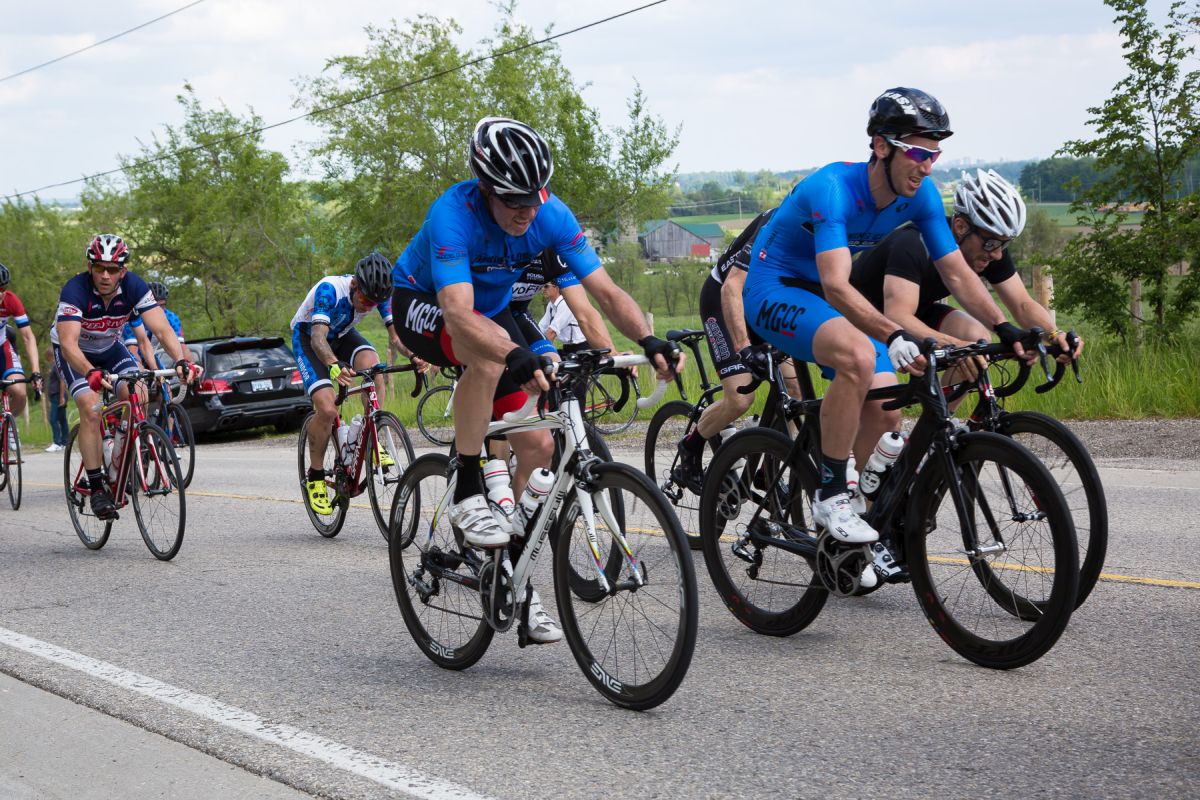Overcoming an ‘off’ season
Turning around after a season of disappointing results

by Bart Egnal

On May 2, I was 10 minutes into a the local crit and it was all suffering. I knew I was exhausted. Sure enough, the field rode away from me. I sat up and waited for the field to come around again and got back in. There were 10 more minutes of suffering, and then I was dropped. Then five minutes and dropped again. Then I did something that I had never done during the past few years: I got off my bike and stopped racing. As I sat down on the curb, all I could think was, “What is happening to me this year?”
As my loyal readers know, it wasn’t supposed to be like this. I went into this past race season with ambitions – if not for greatness and glory, then at least for continued, incremental progress.
RELATED: Looking back on a season committed to racing
My first race was a veritable humiliation as I was spat out the back of the pack just a few laps into my first crit. From that tragic yet enjoyable debut, I progressed to finishing a race, to riding with the field comfortably, to trying this whole sprinting thing, to getting on the podium, and then last year, to finally actually winning a road race. So continued progress in 2017 seemed a given.
Well, it didn’t quite go like that. After an off-season of hard training, I had decent form in early races but was feeling exhausted much of the time. After my customary flat in the Good Friday race, I raced the Calabogie road race. I was third wheel in the sprint, but unlike last year, I had no snap and the field swarmed me, leaving me with a middling 14th. Post-race I was drained, but doubled down and spent the next week going hard in my workouts to try to sharpen the knife. It didn’t work. I had to quit midway through a workout. My solution? Go race again. (Makes sense, right?) And so it was on May 2, I found myself getting off my bike.
What was happening to me? I felt like a horse that had been flogged so many times that it decided one day to say to its jockey, “Enough! I will run no more.” I had just cracked. The exhaustion, the pressure I’d placed on myself, nothing was enjoyable.
After three great years with my coach, I switched to Andrew Randell at The Cycling Gym. Randell analyzed my power files from the past two years. He concluded that although my numbers were strong, I had been doing so much VO2 work that my body just reached the point where it said, “No more.” He sold me on making a long-term commitment to building my aerobic base, so I could race more efficiently, with fewer burnt matches.
I began training again, doing long (4–5 hours) endurance rides with a steady heart rate. My body didn’t want to deal with the intensity. This change was also a great way to reconnect with the sport I loved. By June, I was ready to do a few races. I had a good TT result and decent result in provincials. I raced my mountain bike and had a blast. Then in July, I went to Vancouver and raced a Cat. 3 crit, getting in the break and ultimately getting a top 10.
Overall, the stats for my year were disappointing. But I’m already looking ahead to 2018. After four years in Ontario’s lowest masters category, I’ve decided to upgrade with approval from the Ontario Cycling Association thanks to my past years’ results. I’ve enjoyed focusing on my training and my fitness gains. I’ve learned an important lesson: your body is not a machine that automatically performs as you’d like. Life happens – from kids who don’t sleep through the night to fatigue to bad luck – and you can’t get too down when you get to spend 400 hours a year on your bike. As I’ve written before, it’s about the process not the outcomes. This year was a good reminder that the process is worth it.
